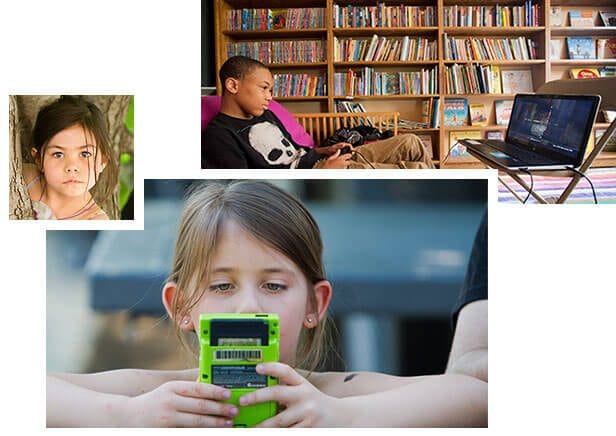
At the Philly Free School, we provide students with the space to explore the world and themselves at their own pace, while experiencing community through participating in a self-governing direct democracy.
Non Discrimination Policy
The Philly Free School maintains a commitment to admit students of any race, sex, gender, sexual orientation, color, religion, national or ethnic origin, and all students shall be entitled to all the rights, privileges, programs, and activities generally accorded or made available to students at the school. The school does not discriminate on the basis of race, sex, gender, age, color, sexual orientation, religion, disability, national or ethnic origin in administration of its educational policies, scholarship and loan programs, and athletic or other school administrated programs, though it may consider these factors in making its admission decisions in order to maintain the diversity of the student population.

When adults speak about democratic schools, they often say that kids have 'equal power' with adult staff. It’s a pretty idea. And it’s also transparently wrong. When we reject the fallacy of equal vote = equal power, we distinguish between the world as it is and the world as we wish it to be. As democratic educators, we want to help children find their power. We want to establish new ways of relating to kids on equal terms - not just in the formal structures of our school, but also in our interpersonal dynamics. By analyzing the fabric of power at PFS and the role adults play in shaping it, we hope to do better - to draw closer to our goal of helping kids find their power alongside us.
As Philly Free School approaches its tenth year, we’ve been catching up with our alumni to see what they’re doing now. To mix things up, we also decided to talk to Maddy - after eight years at PFS, she’s forging her own path. To support the Real Learning and Real Results happening at PFS, please consider donating to our Annual Appeal: https://phillyfreeschool.org/help-out.
«The ability to communicate in a highly technological society is vital to survival.»

